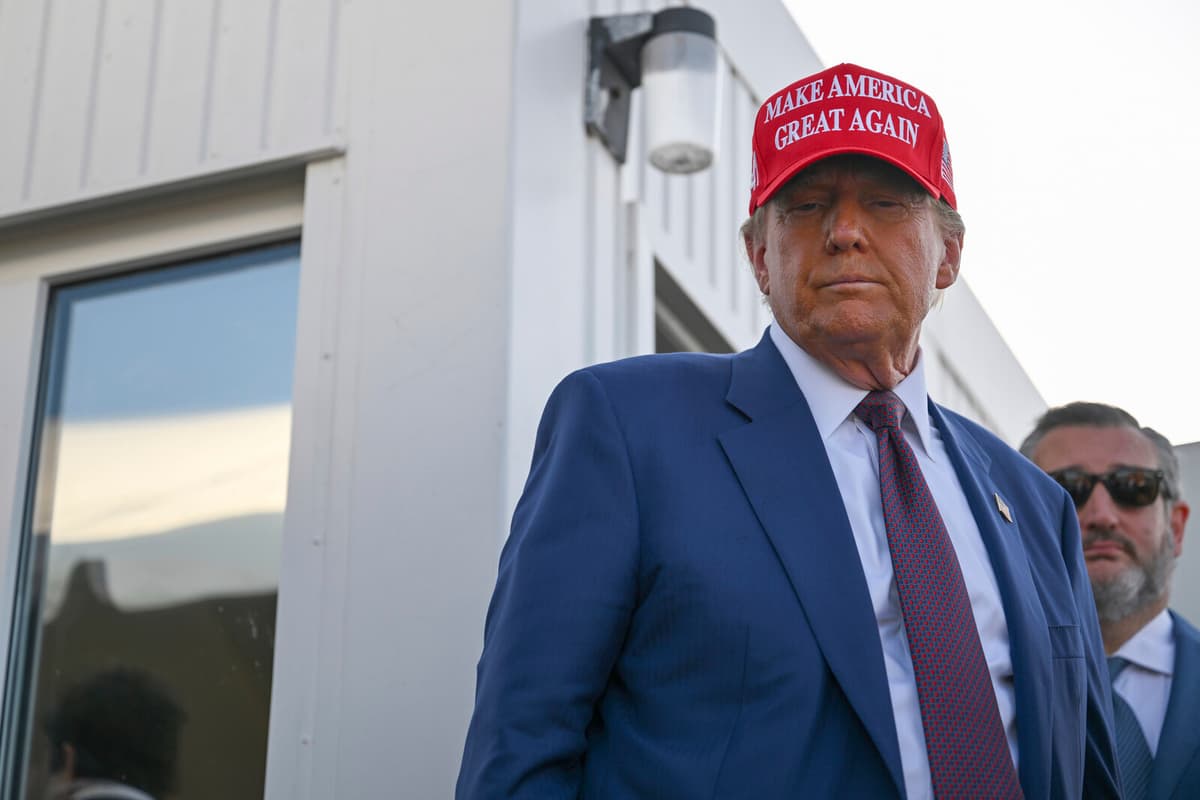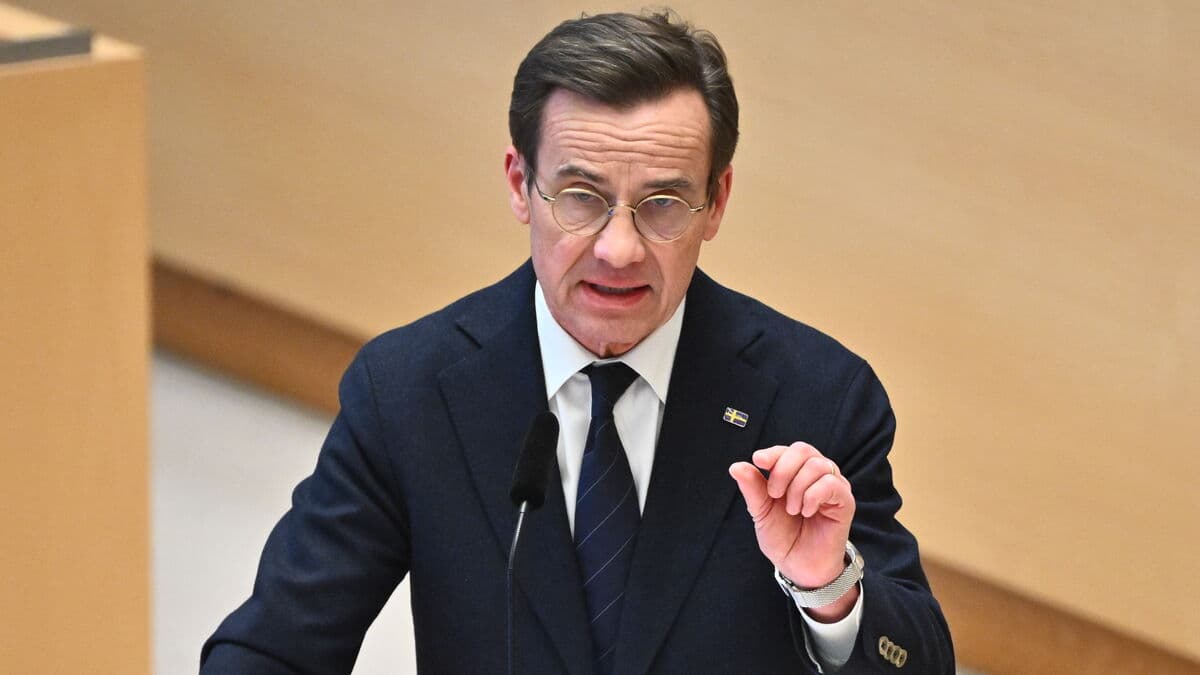Donald Trump says that tariffs against China are being raised to stop drug smuggling to the US, particularly the deadly synthetic opioid fentanyl.
"I have had many conversations with China about the enormous amounts of drugs, especially fentanyl, being sent to the US – but without results", says Trump on his platform Truth Social.
He writes that China has promised to give drug dealers the death penalty, but that the country has not delivered.
"Until they stop, we will impose an additional 10 percent tariff on China, on top of all other tariffs, on all their many products coming to the US."
The First Day
In another post, Trump writes that he will impose penalty tariffs of 25 percent on all goods from neighboring countries Mexico and Canada from the first day in the White House, January 20.
"This tariff rate will apply until the invasion of drugs, particularly fentanyl, and all illegal immigrants is stopped", writes Trump.
It is, however, unclear whether Trump will make good on his threats or if they are part of his negotiation technique. Trump's intended finance minister Scott Bessent wrote in a debate article in Fox News last week that tariffs can be "a useful tool to achieve the president's foreign policy goals".
60 Percent
Trump campaigned on promises to introduce comprehensive tariffs against both allies and rivals. He has spoken of tariffs on all goods from China at 60 percent and 20 percent for the rest of the world – a policy that he claims will pressure American companies to bring manufacturing back to the US.
Economists have warned that the tariffs can harm growth and drive up inflation, as they are primarily paid by importers who can pass on the costs to consumers.
The US is the world's largest goods importer, and most goods are imported from China, followed by Mexico and Canada.
Referring to national security issues can be permitted according to the rules set by the World Trade Organization (WTO), although it is considered that such exceptions should be used with restraint.






